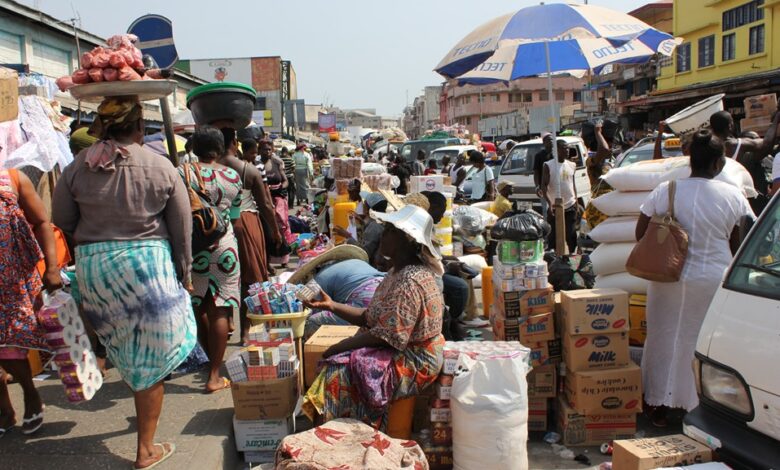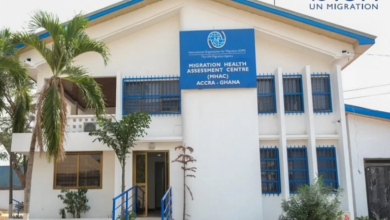Ghana’s Inflation Eases to 21.2% in April, Driven by Falling Food and Non-Food Prices

Ghana’s inflation rate fell to 21.2% in April 2025, marking a further decline of 1.2 percentage points from March, according to new data released by the Ghana Statistical Service (GSS).
Government Statistician, Alhassan Iddrisu, attributed the decline to easing food and non-food inflation, as well as base effects from last year’s price levels. Speaking at the monthly inflation briefing on Wednesday, he noted that food inflation dropped by 1.5 percentage points to 25%, while non-food inflation slowed to 17.9%, down by 0.8 percentage points.

Locally produced items recorded an inflation rate of 22.7%, while imported goods saw a rate of 17.7%, reflecting relative stability in external price pressures.
The moderation in inflation follows the Bank of Ghana’s decision in March to raise the monetary policy rate by 100 basis points to 28% in a bid to anchor inflation expectations.
Ghana is currently implementing a three-year $3 billion IMF-supported reform programme aimed at restoring macroeconomic stability. The initiative, launched in May 2023, seeks to address key challenges such as high inflation, elevated public debt, exchange rate volatility, and the rising cost of living.
Despite these headwinds, Ghana’s economy posted a strong 5.7% growth rate in the first quarter of 2024, signaling a gradual but firm recovery.




